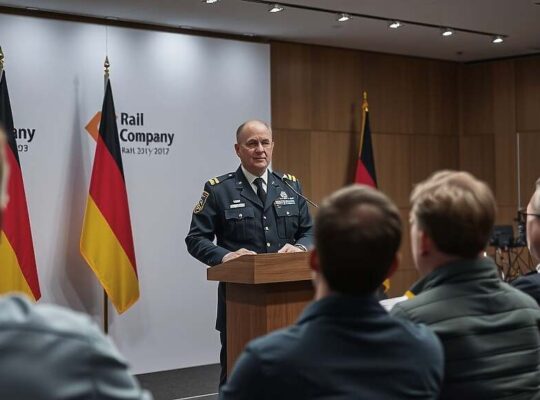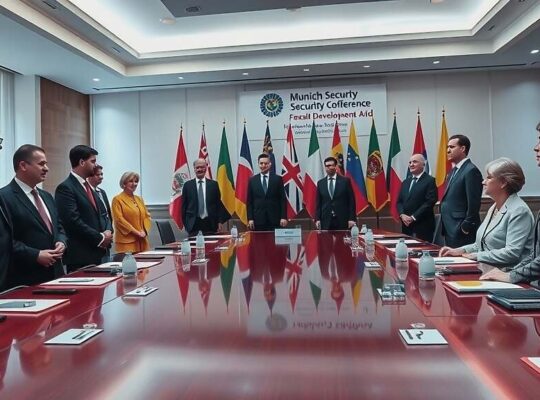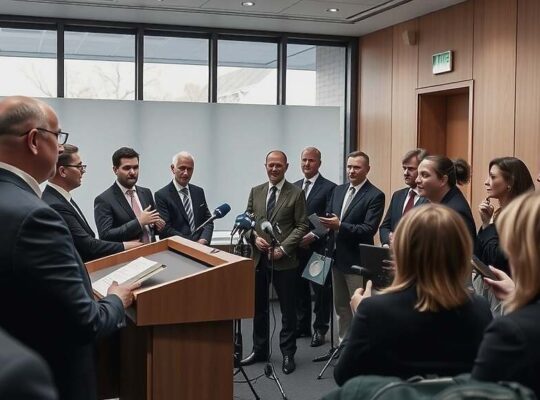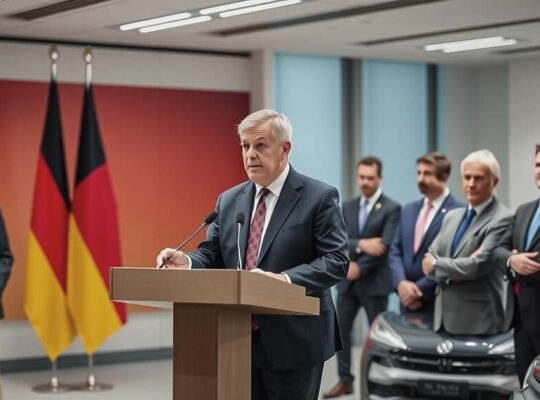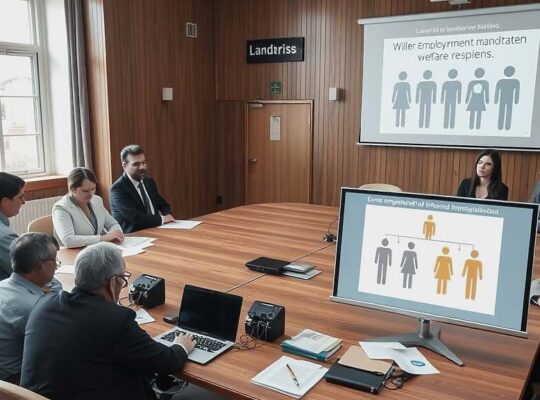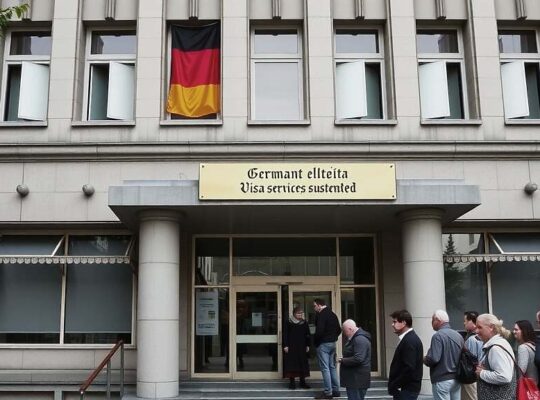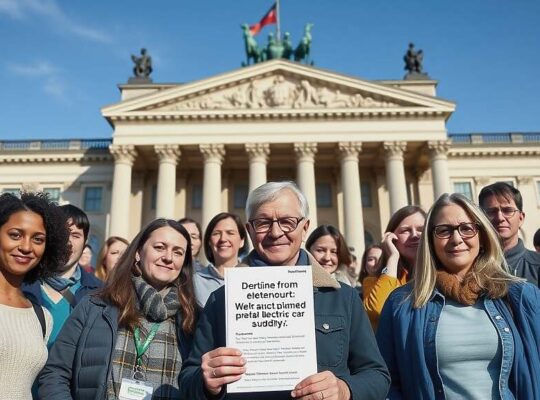The German Council of Economic Experts (Sachverständigenrat) delivered its annual assessment to Chancellor Friedrich Merz of the Christian Democratic Union (CDU) on Wednesday, highlighting a fragile economic recovery overshadowed by persistent structural weaknesses and potentially unrealized benefits from recent fiscal measures. Council Chair Monika Schnitzer emphasized a shift from negative growth to positive, albeit modest, expansion this year, while cautioning that Germany continues to lag behind its European counterparts. A significantly stronger rebound is not anticipated until next year.
Schnitzer stressed that sustainable growth hinges on a substantial increase in productivity through innovation and investment, demanding a strategic recalibration of Germany’s economic and security policies in the face of evolving geopolitical realities. While acknowledging the potential of the recently approved fiscal package, the Council expressed deep concern that its impact may be diminished. Current planning indicates that a significant portion of the earmarked funds will be allocated in ways that fail to generate meaningful, growth-driving investment. The Council explicitly recommended a comprehensive review and adjustment of these plans to maximize impact.
Beyond fiscal recalibration, Schnitzer advocated for corporate tax reform to further incentivize investment and addressed the crucial issue of wealth distribution. The Council proposed measures to facilitate wealth accumulation for lower-income brackets, coupled with a revised approach to inheritance and gift taxes that prioritizes principles of fairness and performance. This includes a call for a reduction in preferential tax treatment afforded to business assets, signaling a potential shift in the government’s long-term fiscal strategy.
Chancellor Merz echoed the Council’s emphasis on the urgent need for investment and innovation to revitalize the German economy. He acknowledged the diagnosis of depleted economic reserves and reaffirmed his commitment to enhancing the competitiveness of German businesses, particularly through tackling the burden of high energy costs. Merz pledged that the government is actively pursuing solutions in Berlin and Brussels to address this critical issue.
However, the exchange underscored a potential disconnect between expert recommendations and political implementation. While Merz’s commitment to improving investment conditions appears aligned with the Council’s advice, the persistent concerns about the effectiveness of the fiscal package raise questions regarding the government’s ability to translate expert analysis into tangible action. The Council’s critique of current spending plans represents a pointed critique of the government’s current trajectory and its recommendations, if unheeded, risk undermining the potential for a more robust and equitable economic recovery for Germany.



